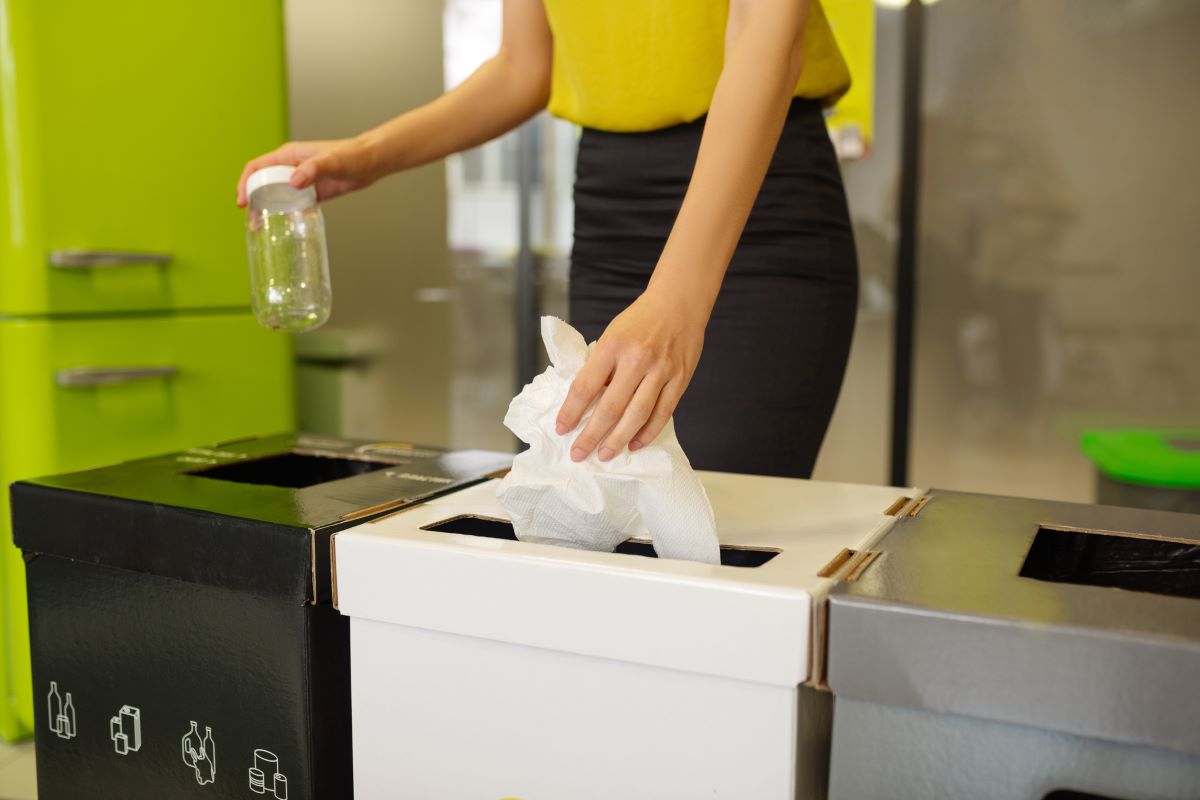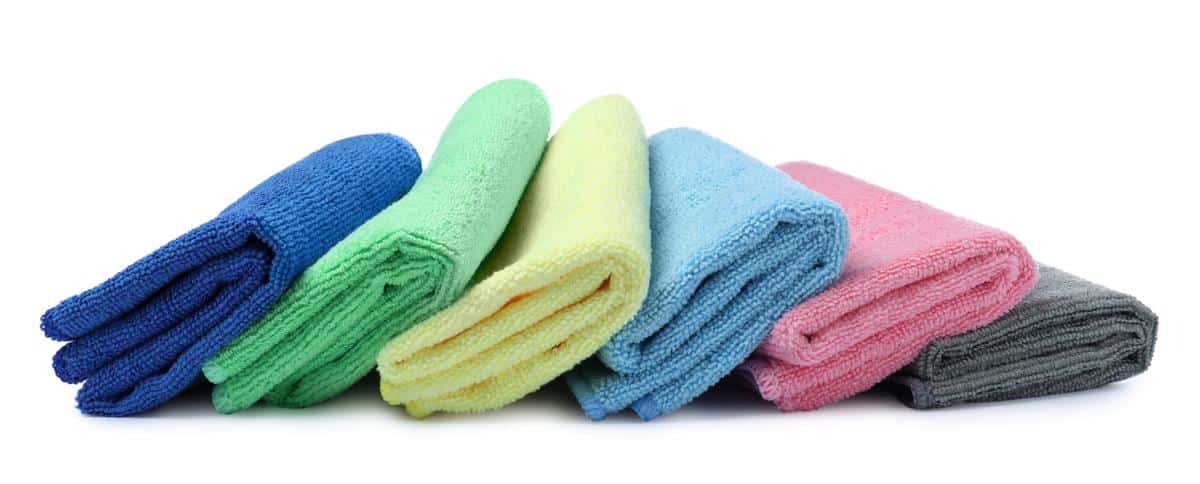

Microfibre pollution poses a major threat to the natural world. When we wash synthetic fabrics, they shed significant quantities of microfibres that make their way into our water systems. These tiny plastic particles are harmful to aquatic species and accentuating biodiversity loss. At Calabash we want to work with stakeholder, from luxury retail brands to our facilities management supply chain to tackle this plastic pollution problem and find sustainable solutions.
Microplastics have now found their way into even the most remote regions of our planet, polluting previous ecosystems and damaging wildlife and crops. Much of them originate from the clothes in our washing machines, escaping filtration to wreak havoc in the natural world. A recent study featured in Nature Magazine estimates that between 640,000 to 1,500,000 microfiber pieces are generated per wash. The contribution of washing processes of synthetic clothes to microplastic pollution | Scientific Reports (nature.com)
There is no time to waste in bringing the issue further up the agenda for businesses and consumers alike. We work with several luxury retail brands and there is growing pressure on the fashion industry to address its role in microplastic pollution. That will require a change of mindsets and investment in innovation to find less impactful alternatives.
Yet it is not just clothes retailers that need to clean up their act. The facilities management sector can also paly its part, addressing the issue across its value chain. Cleaning companies like Calabash use a lot of synthetics fabrics in their day-to-day work, be it uniforms, cloths or mops. Microfibre cloths for instance have many benefits. The use static electric charge to pick up microscopic particles. They hold onto these particles until they are washed and deliver high standards of cleaning without the need for chemicals. On top of that, they are reusable.
However, they are made of plastic and microplastics are released when they are washed. We are investigating alternatives made from natural materials, yet it is a complex decision. Some natural fabrics like cotton bring their own environmental concerns, including the amount of water used in their production.
We need to spend time doing our research and finding solutions that deliver exceptional results whilst minimising environmental impacts. The same is true for other fabrics used in our work, including the uniforms worn by our staff and we are currently researching how we can source uniform that has a lower environmental impact.
The solutions are not always obvious. Yet despite the complexities, it is a task we must undertake. Calabash is passionate about basing our future growth on supporting the triple bottom line. We are developing a robust sustainability strategy and our ambition is to become a trailblazer in the facilities management sector, demonstrating what can be achieved by adopting more ethical and responsible business practices.
In the meantime, as individuals wanting to combat microplastic pollution we can:
· Wash clothes less often
· Wash them at a lower temperature a this reduces shedding
· Delay washing until you have a full load as this will proportionately use less water
· Install a microfibre filter in your washing machine
· Buy second hand clothes as these will release fewer fibres
· Choose clothes made from natural fibres, like organic cotton
We encourage others across our industry and supply chain to join us on our journey to secure more sustainable solutions. Talk to Calabash to find out how we can work together to embed sustainability principles and secure a better future for people and planet.

Company No: 02764589 | Registered address: The Coach House, Powell Rd, Buckhurst Hill, Essex, United Kingdom, IG9 5RD | VAT No. GB609134553